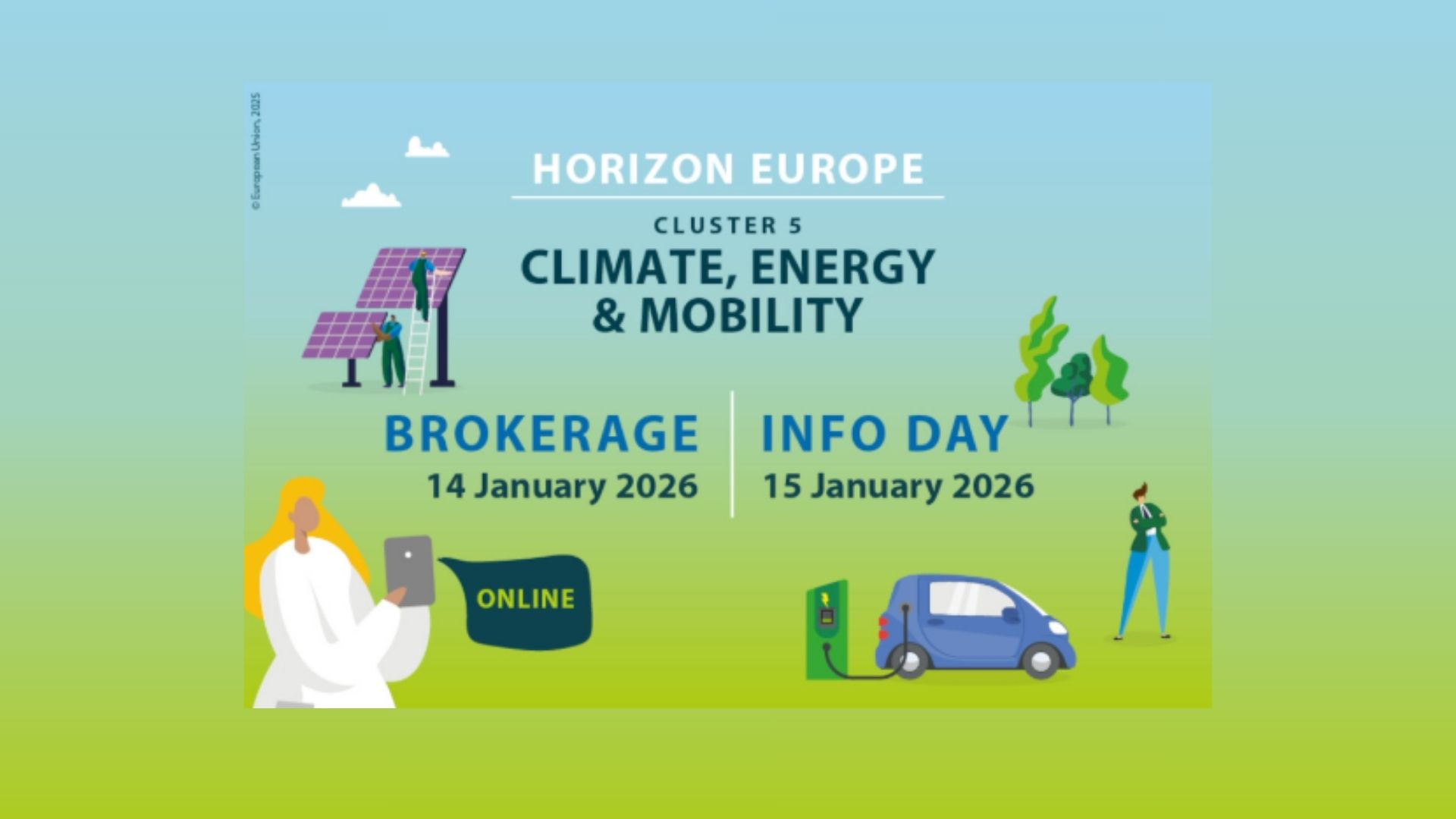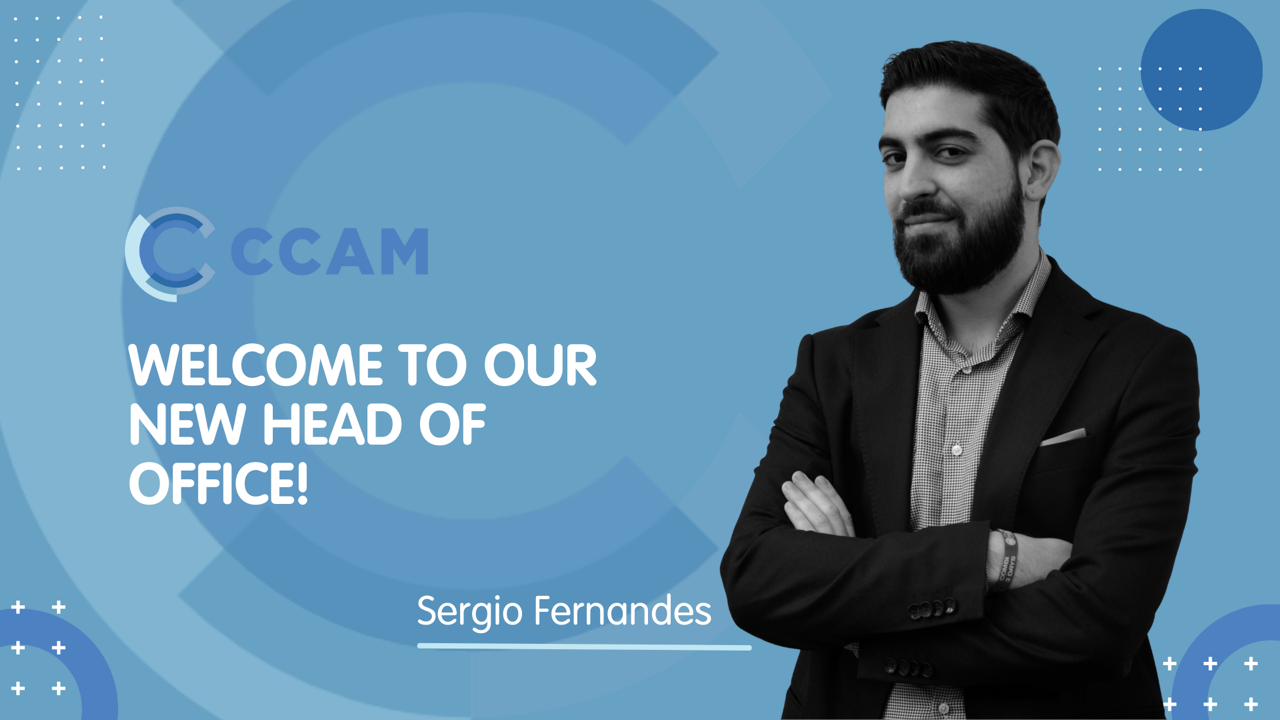A record-breaking RTR 2025: driving research, innovation, and collaboration
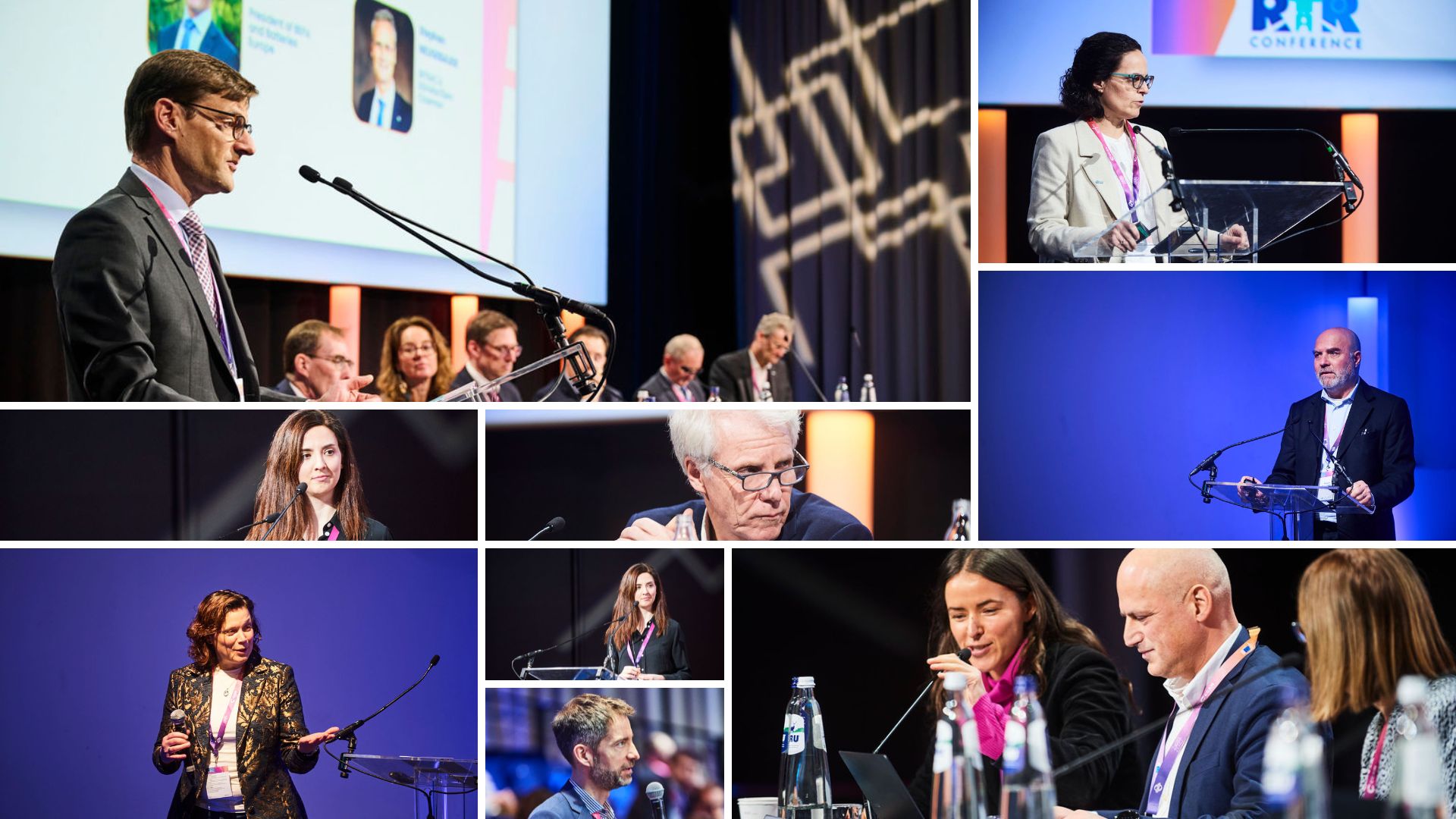
The 8th edition of the European Conference on the Results from Road Transport Research (RTR Conference 2025), co-organised by the CCAM Association, wrapped up on 13 February in Brussels, marking a resounding and unprecedented success!
Over the three days, a new record was set: 90 projects presented, 23 sessions held, 500 participants attending on-site, and 400 joining online! It is exciting to see growing interest in our topics, reflecting the increasing importance of road transport research.
Many of the CCAM Partnership projects have been presented at their mid-term. Insightful project presentations paired with dynamic discussions made the conference a true success, offering valuable perspectives on the ever-evolving road transport research landscape.
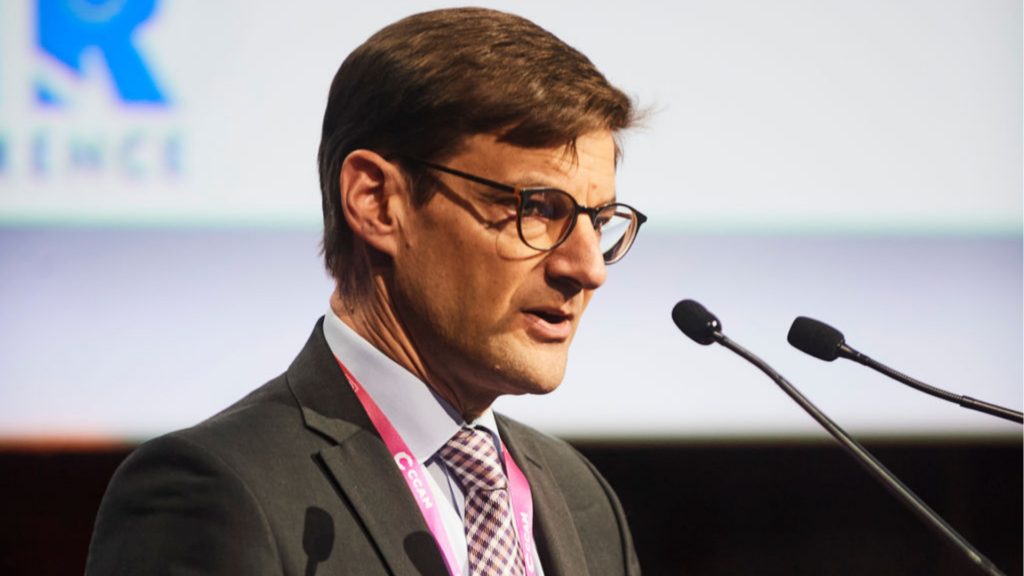
Christian Merkt, Chair of the CCAM Association, emphasised the necessity of cooperation within the European Union with all the stakeholders to remain a major global player. “Other regions of the world are rapidly advancing in digitalizing road transport, creating strong pressure on competitiveness of Europe. However, through EU projects which involve industry, research, and public authorities, we develop solutions that prioritize safety, trust, and societal benefits. In Europe we are balancing the societal needs and the pioneering spirit of innovation to unlock systemic benefits of new mobility services for people. We need conferences like this to better connect the dots not only among the EU projects but also to quicker transfer the results to deployment and to the local level.”
This emphasis on coordination and cooperation was echoed by Stephan Neugebauer, ERTRAC & EGVIAfor2Zero Chairman, and Rosalinde van Der Vlies, Director of Clean Planet, DG Research and Innovation (DG RTD), European Commission.
Stephan Neugebauer highlighted that the three pillars of EU research funding are all interconnected and essential for the road transport sector. He also stressed the importance of pre-competitive collaborative research funded under Pillar 2.
Rosalinde van Der Vlies pointed out the new Brussels keywords: Competitiveness, Affordability, Circularity, and Inclusiveness (CACI). She called for increased communication about the concrete impacts and tangible results of research.
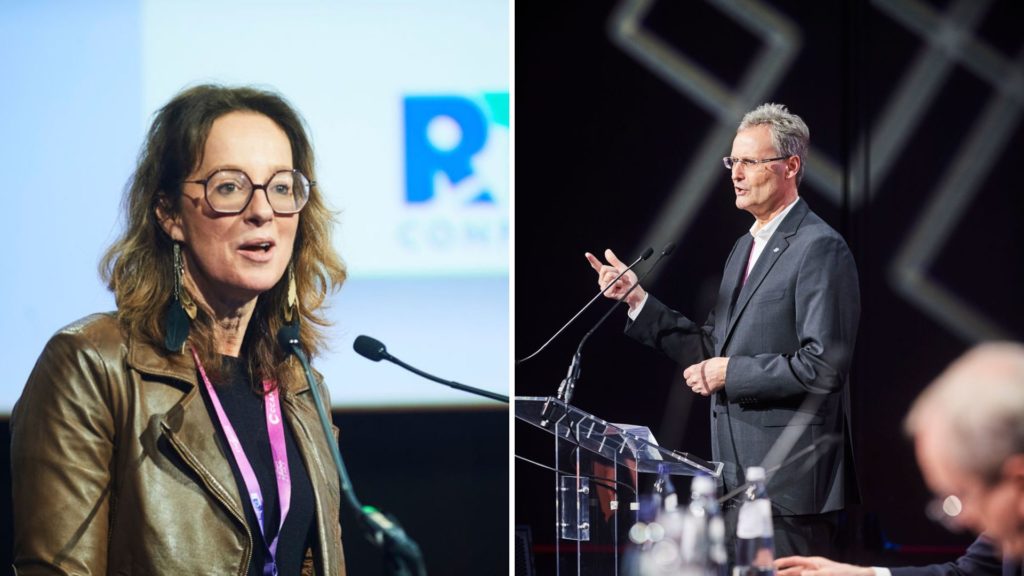
Key CCAM sessions and takeaways
Among CCAM related sessions, “Integration and large-scale demonstration of CCAM solutions” showcased innovative approaches to traffic and incidents management, routing optimization, logistics operations and public transport services. On this cession, the following projects were introduced: IN2CCAM (works for full integration of CCAM services in the transport system), CONDUCTOR (optimisation of transport of passengers and goods while ensuring seamless multi‐modality and interoperability), MODI (Large scale demonstration focused on the corridor from Rotterdam to Oslo), ULTIMO (implementation of Automated vehicles for public transportation), MOVE2CCAM (Creation of a multi-systems network of actors across the whole CCAM ecosystem, with KPIs covering sectors such as society, economy, and the environment). A key takeaway from this session was identifying success factors for large-scale demonstrations, including the need for a large fleet of vehicles, integration and interoperability, and a legislative framework that enables more testing.
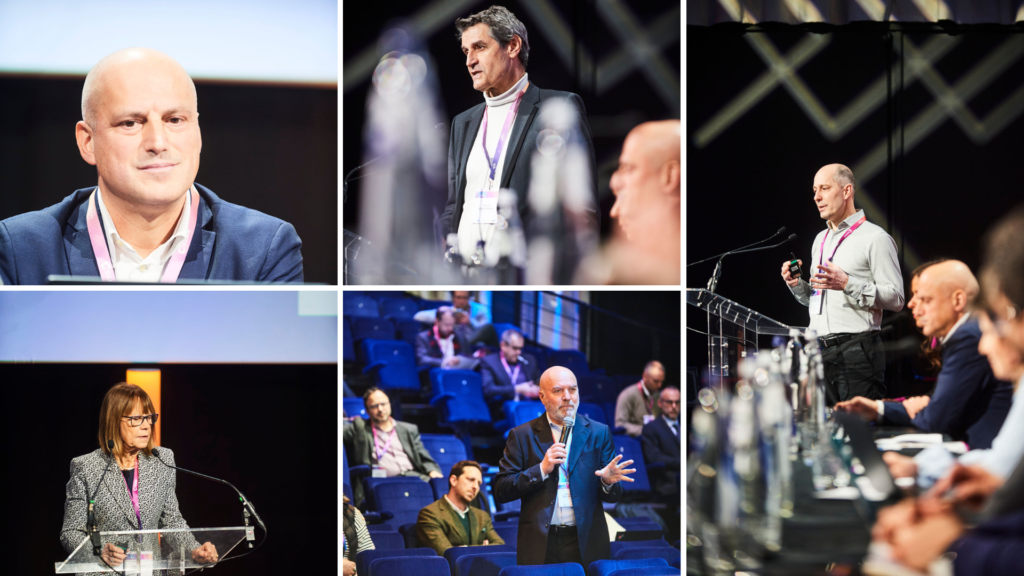
With human error remaining the leading cause of road accidents, driver behavior is a key research focus. The session “Human-Centric CCAM and Driver Safety” featured projects such as AWARE2ALL, i4Driving, BERTHA, FitDrive, and PANACEA, which focus on driver behaviour models, fitness monitoring, assessment systems, and human-machine interfaces for CCAM systems. These projects contribute to improving safety in and around vehicles, including for vulnerable road users. Discussions at the end of this session touched on remote operations, how remote driving differs from traditional driving, and how these projects can influence future standardisation and policies.
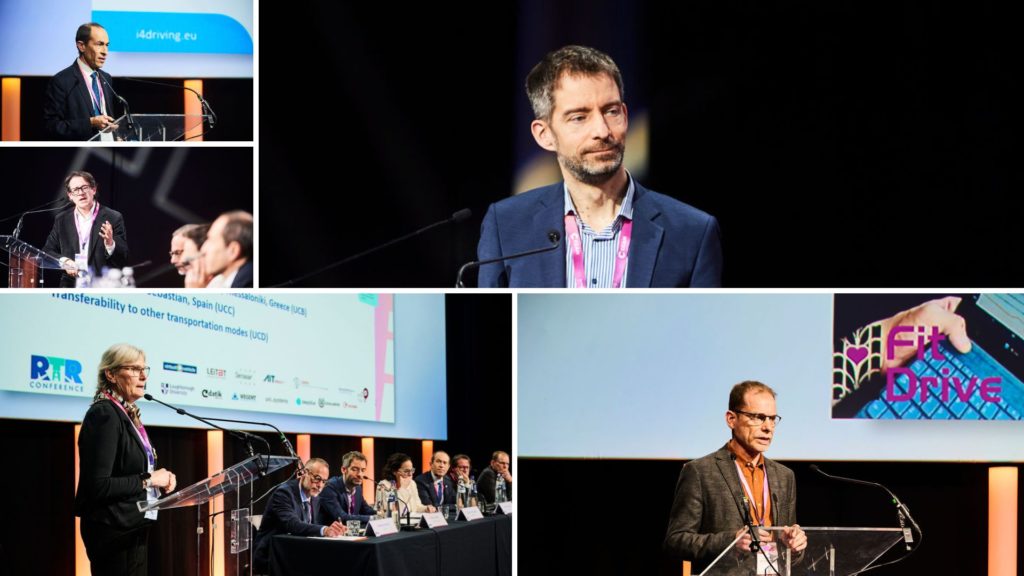
Another session, “CCAM enablers” focused on the technology needed to ensure security and safety for vehicle users. During this session, the projects introduced were SELFY (working on tools for cybersecurity, including a healing system and data management system), AIthena (researching on methodologies, anonymisation on AI for explainable decision making), AI4CCAM (contributes to improve AI models and evaluates user acceptance) and ROADVIEW (works on in-vehicle perception to address weather-related challenges). This research is crucial for ensuring user trust and system reliability.
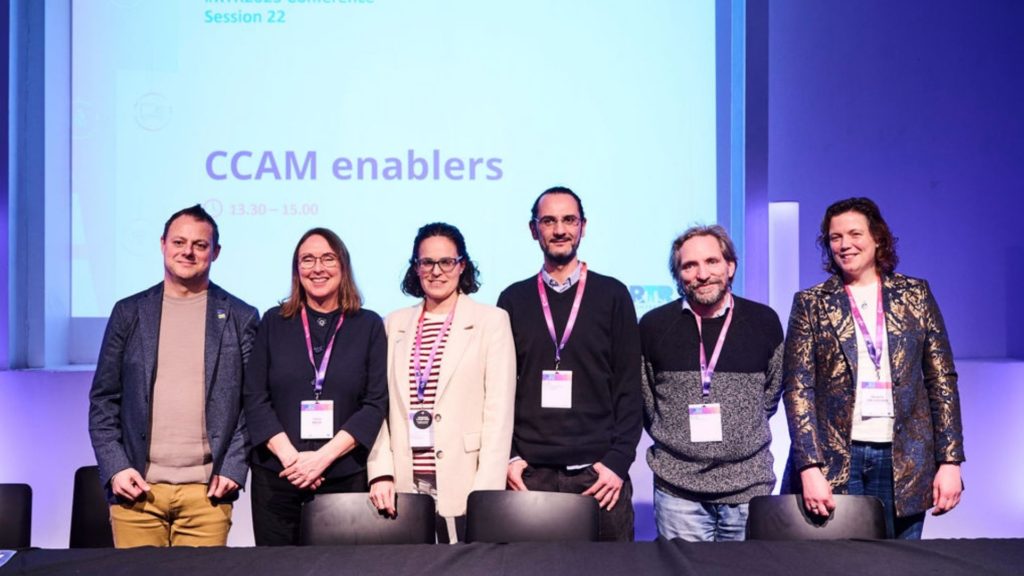
Looking ahead
We extend our gratitude to all the speakers, moderators, and exhibitors for their participation and for sharing valuable insights on the latest developments in road transport research. A special thank you also goes to the other co-organisers: 2Zero, ERTRAC, Batt4EU, and the European Commission.
You can explore our photo gallery of the conference to relive the highlights (Password: RTR2025).
We can’t wait to see you again for the 9th edition of the RTR Conference, taking place from 10-12 February 2026 – mark your calendars!
